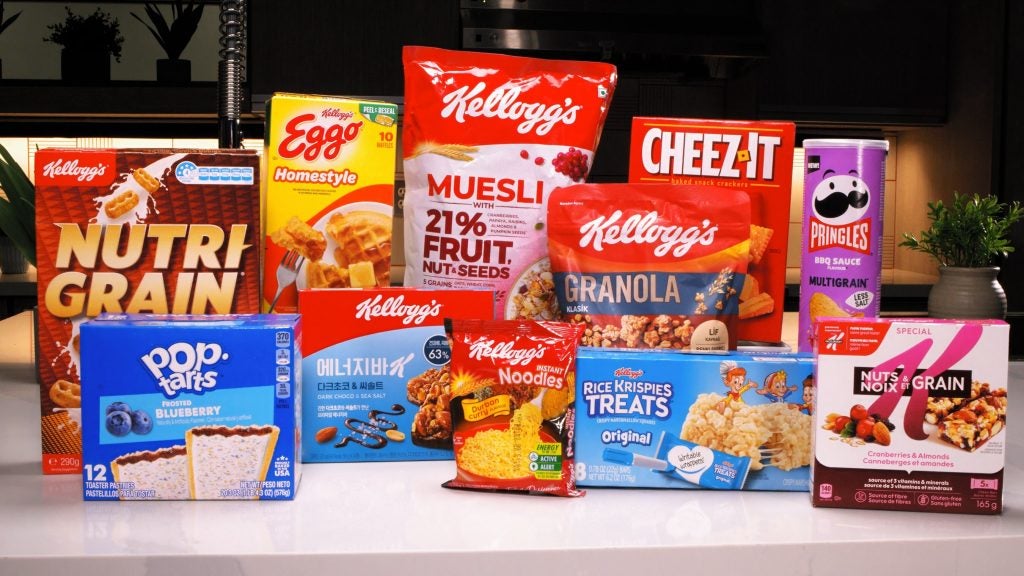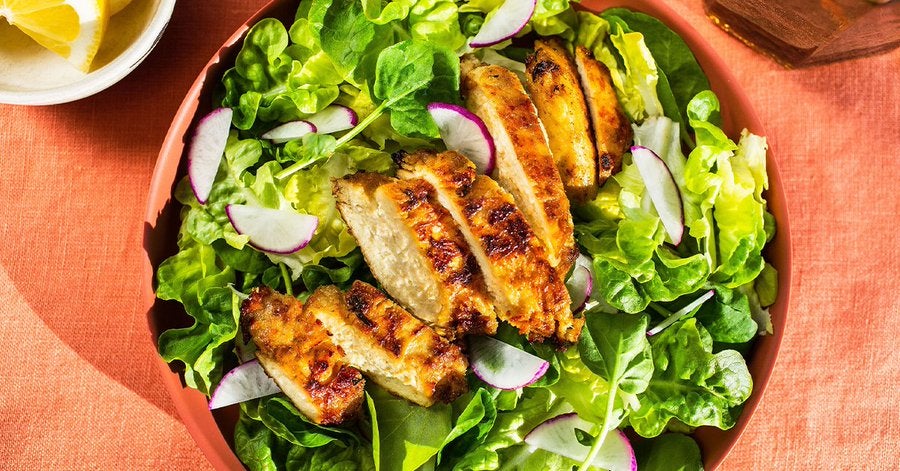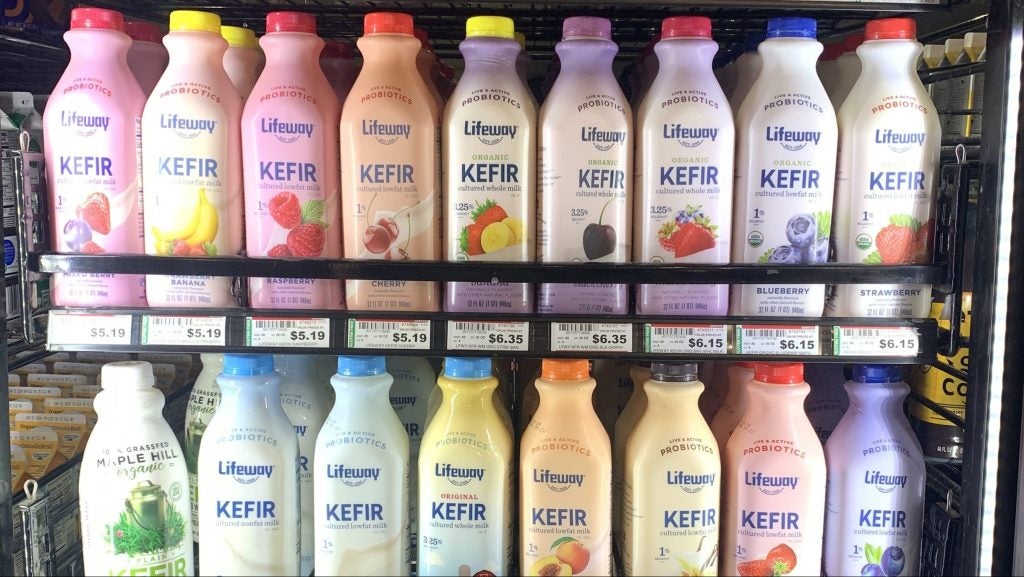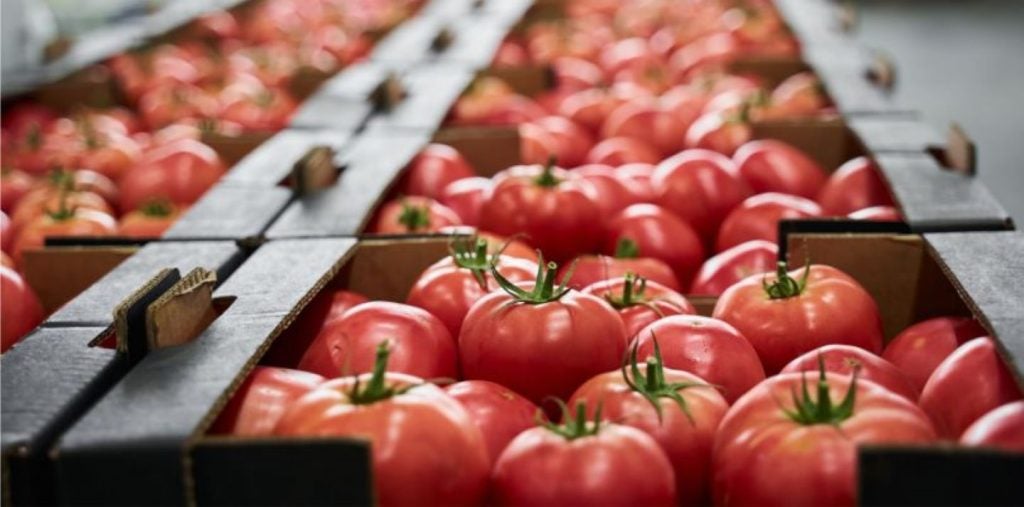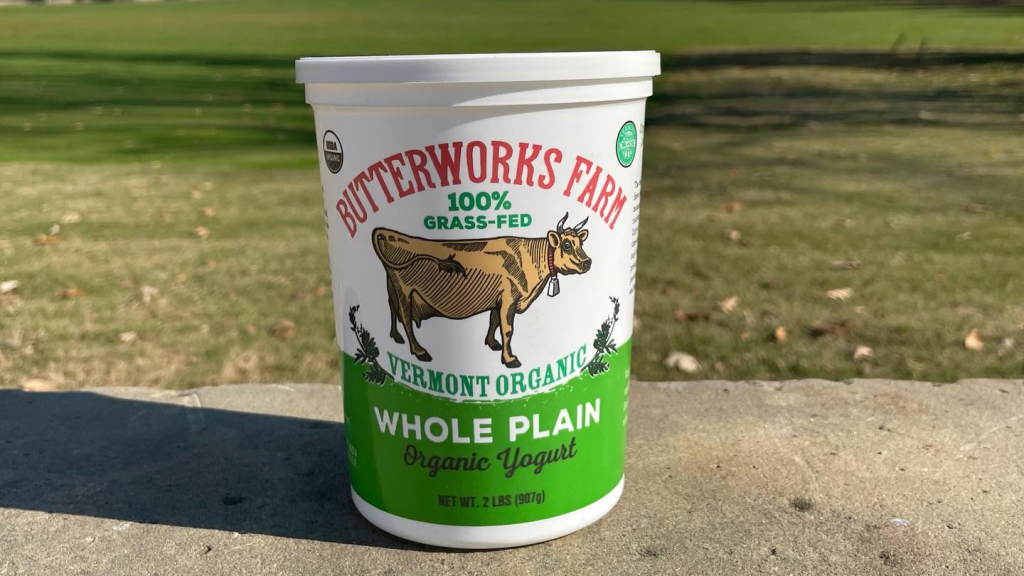Big-ticket food M&A has been in short supply since JM Smucker announced a deal to acquire fellow US food manufacturer Hostess Brands for around $5.6bn last September.
But recent reports - unconfirmed it should be said - that US confectionery major Mars is eyeing an acquisition of Kellanova, the snacks business spun off from US cereal giant Kellogg last year, suggest we may see a period of greater activity in the remainder of this year.
With more than 30 years working on deals in the food industry, Shaun Browne of M&A advisory heavyweight Houlihan Lokey, is well-placed to survey the current factors affecting deal-making and the likelihood of things picking up.
He spoke to Just Food before the Mars-Kellanova speculation emerged.
Andy Coyne (AC): Shaun, after a quietish start to the year in food M&A terms, are things looking brighter?
Shaun Browne (SB): The level of activity has definitely picked up. There is no doubt about that at all. Taking a bit of a step back, the period after the Russian invasion of Ukraine and 18 months after that was really difficult for food M&A. There was a massive explosion in raw material prices, energy costs etc. Consumer spending confidence was affected and inflation was going up. All of that made deals difficult.
AC: What did that mean for the businesses themselves?
SB: It was difficult for companies to forecast profitability, cashflow etc for the next six months. They had no idea what price rises could mean. That massive uncertainty meant from March 2022 to the back half of last year it was really tricky.
AC: What deals did get away?
SB: The deals that happened, and there were not many of them, tended to be PE [private-equity] houses selling non-core assets which hadn’t performed very well or because they were closing offices. Or it could be multi-nationals with non-core subsidiaries. Or they were distressed. They weren’t good deals, not like 2021.
AC: And since then?
SB: Things started to look a bit more promising from the tail end of last year. But it can still take a significant period of time to get deals done. It can be six to 12 months easily to a deal actually happening. Most of the ones that get across the line now, the decision to sell them was taken six, nine or 12 months ago.
One deal which we did was when a multi-national company made the decision that the business to be sold was not core for them. We were kind of ready to launch last year but the market was still somewhat in the doldrums. When the initial offer came in, it was a bit disappointing because it was focused on profitability up until March 2023. We had a second round and the results to March 2024 became more relevant. There was a gap between the two offers.
AC: What conclusions do you draw from that?
SB: It is difficult to generalise [about the size of bids] because beauty is in the eye of the beholder. We tend to focus on the highest bid as that is when the deal generally happens. Nobody actually buys a business on historic profitability. What you are buying is the future, but clearly judging on what profitability has been budgeted. But seeing and believing are two different things, buyers are always sceptical.
AC: What’s the balance these days between acquirers being trade buyers as opposed to PE firms?
SB: Over last 24 months, the pendulum has swung in the direction of trade buyers and away from private-equity and that’s because of the cost of money. PE houses have been outbid by trade. That’s over the last couple of years and I would expect them [trade buyers] to be in the box seat [for a while yet].
AC: What will make that change?
SB: Interest rates are coming down. I get the feeling there will be one, two or three cuts [in the UK] before the end of year [he was speaking before the recent cut]. That would make private-equity houses a bit more competitive than they were. But no one is expecting interest rates to go down to a quarter of a percent again. They won’t be able to pay what they did in 2021.
AC: Will there be much available to buy?
SB: The issue with most divestments of multi-nationals is they can choose the timings and they may wait until market conditions are better. If it’s family-owned they might say 'why sell now'? PE firms may sell and entrepreneurs but it may be about waiting until we see signs of valuations creeping up again. But in the public market you don’t have that option.
AC: Which food sector will be the most attractive to buyers? Will there be a focus on better-for-you product manufacturers?
SB: If you are not currently in unhealthy food why would you want to go into it? People are looking for growth and that tends to be in the healthier part of the food market. But nobody believes we are going to see eating snacks and crisps to cease.
AC: What about businesses that are in that part of the market perceived as unhealthy?
SB: If you are already in biscuits, crisps and cakes etc you can’t easily reinvent yourself but [you need to act] when you see competitive threats. We’ve been involved in lots of plant-based deals and most go to meat companies. There may not be threats to their existence but it’s about making sure that they have some coverage in this space.
When a large alcoholic drinks company buys a soft drinks company, it’s because the younger generation is drinking a lot less alcohol. If you are totally exposed to the alcohol industry you are a bit nervous. And in the future, there could be taxes on alcohol and sugar [in food] etc. There are a whole series of issues at play here.
AC: In the past there has been a lot of money going into cell-based meat businesses. Do you see that continuing?
SB: It will always be there but the valuations mentioned have gone away a bit. The cell-based and food-tech businesses are not making any profit at all. 'So how do you value a business that is loss-making?' It may consume cash for a number of years so you would put a low valuation unit. 'So why would owners sell?' Only if they don’t have an alternative. Not all have got backers with deep pockets.
AC: Generally speaking, you are confident food M&A volumes will increase over the next six months. Is that fair to say?
SB: Volumes and valuations will pick up but I’m not expecting a sudden turning on of the tap. We will see more deals over the next six months than in the last 18 and valuations will trickle up with lower inflation and better consumer confidence. But I think the larger deals are more likely to be with public companies acquired.




